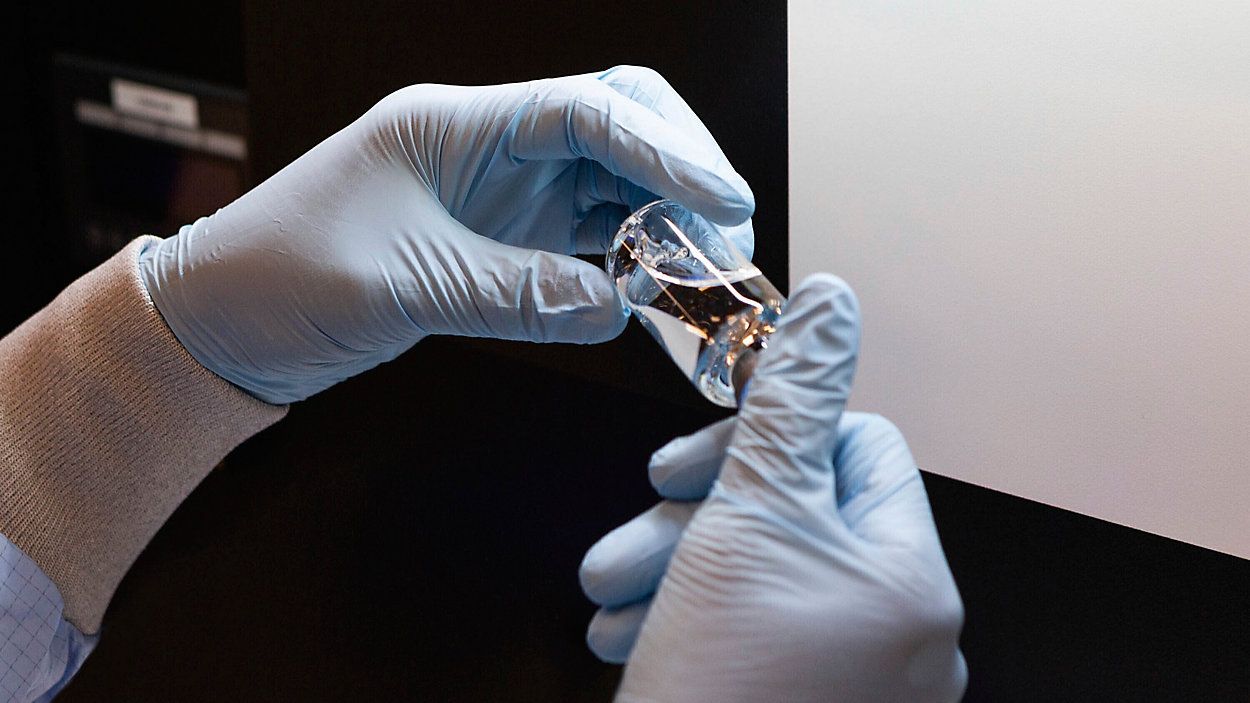NEW YORK - Researchers are pairing anti-viral drug Remdesivir with anti-inflammatory medication in the treatment of COVID-19 during the second phase of a national trial.
Preliminary reports from the first phase of the trial sponsored by the National Institute of Allergy and Infectious Disease show that patients receiving Remdesivir were discharged from the hospital on average about four days sooner than those who got the placebo.
The anti-viral drug was granted emergency authorization by the Food and Drug Administration earlier this month.
“Remdesivir is quite a remarkable medication,” Dr. Barry Zingman, clinical director of infectious disease at Montefiore Medical Center said. “It has very little chance of side effects and for the right people, it works very well. It certainly works better than anything else that is available at helping people recover faster, at helping people get off oxygen, to get back to activities of daily living and it cuts the chance of dying from COVID19.”
But the preliminary reports also show that the sickest patients, largely those requiring mechanical ventilation, did not benefit from the drug.
During the trial’s second phase, pairing Remdesivir with anti-inflammatory drug Baricitinib, researchers hope that the sickest patients can get well. The theory is that part of the harm inflicted by COVID19 is the body’s own inflammatory response.
“For some people, that inflammation is mild, but in many others, particularly the sickest patients, that inflammation becomes a driver of the illness itself, becomes a driver of the damage being done, so the virus may actually be much less important at that point and now it is the inflammation that is ongoing and doing its own damage and feeding into itself,” Zingman explained.
All patients will receive Remdesivir and half will also get Baricitinib. The other half will get a placebo.
“The new phase of the [trial] is looking at whether combining an anti-viral medication with an anti-inflammatory can both prevent people from developing so much inflammation, as well as if you already have that inflammation can you treat it better than just with the anti-viral alone?” Zingman said.
The second phase of the national clinical trial is underway and will likely enroll about 1,000 patients across 100 hospitals, including at Montefiore.



